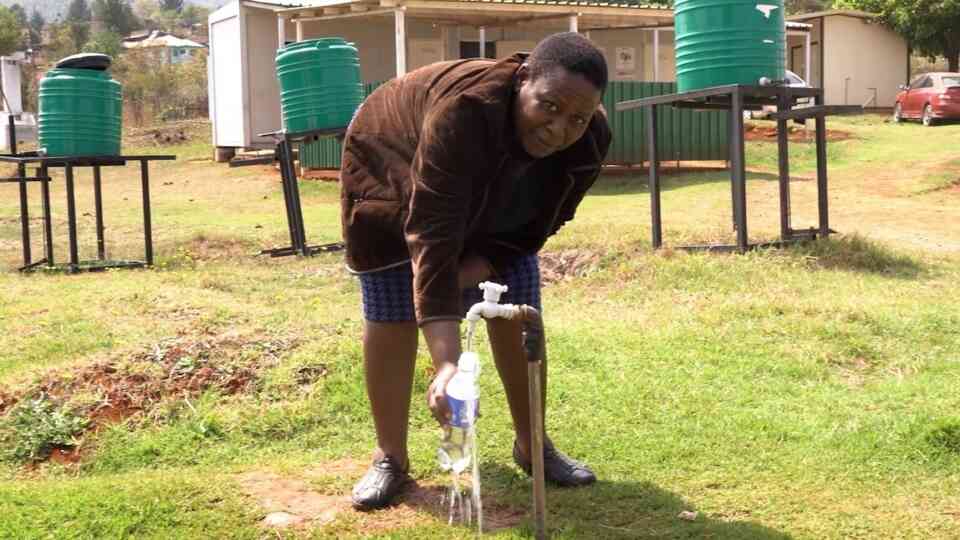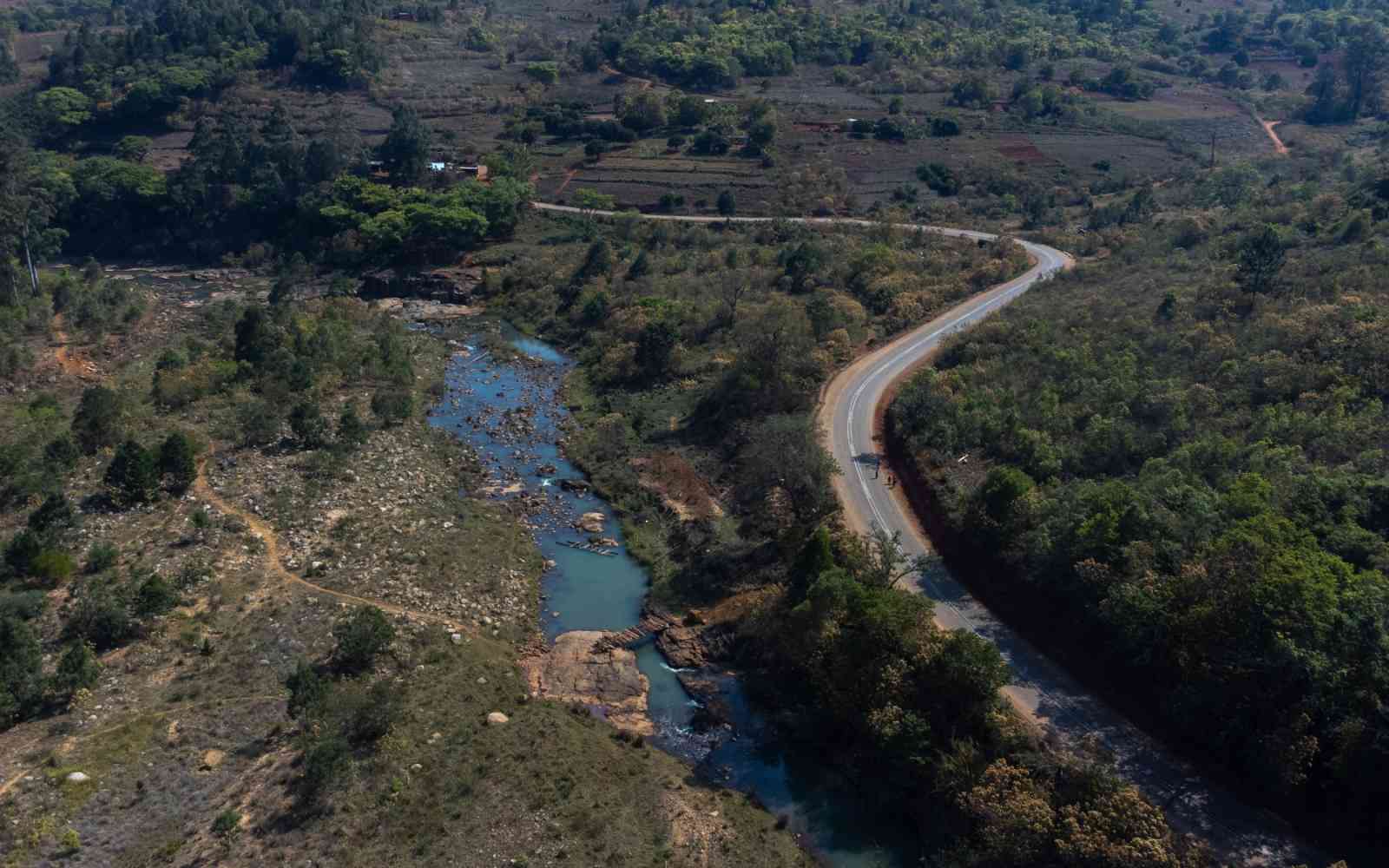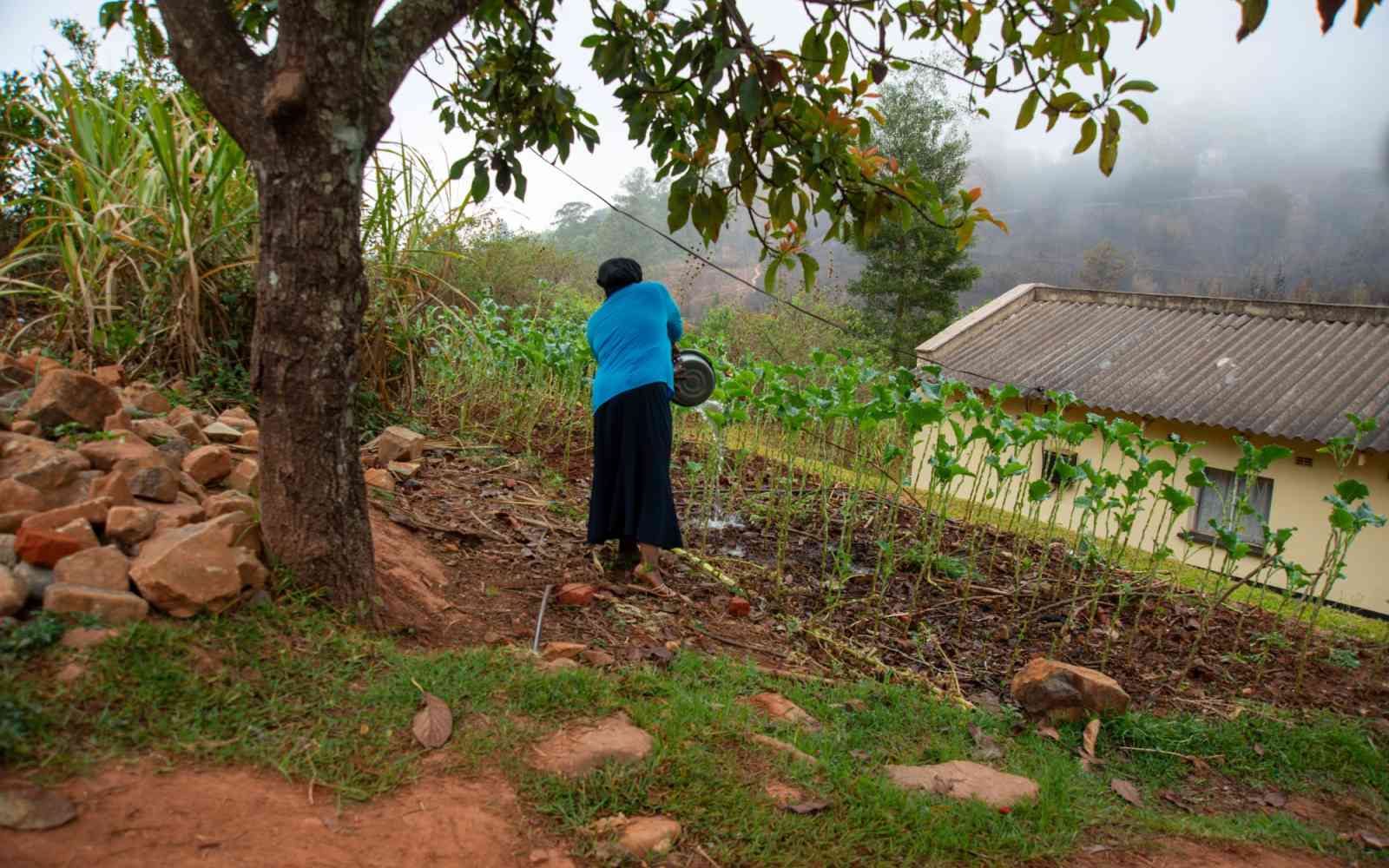The United Nations Office for Project Services (UNOPS)
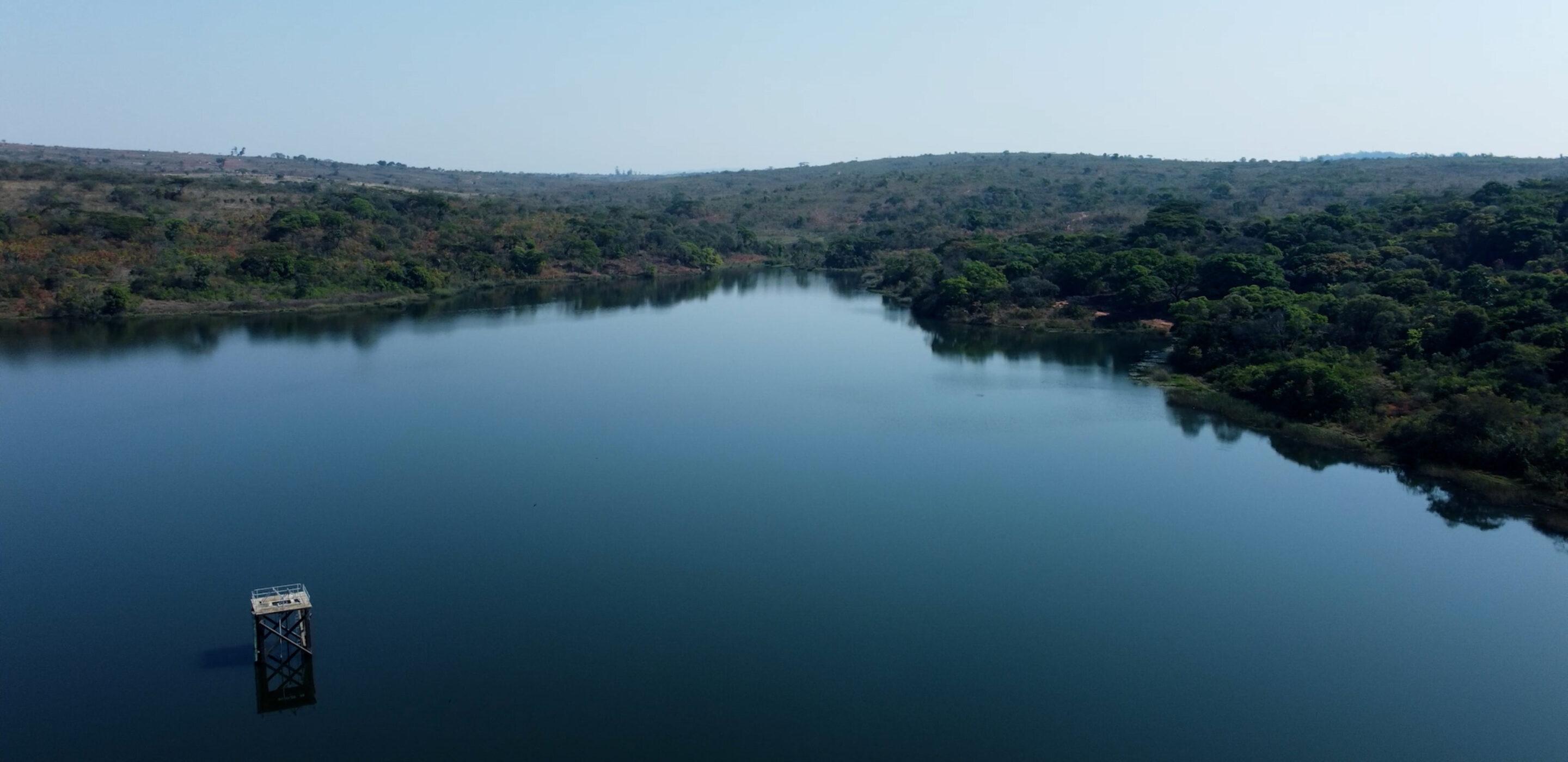
Rebuilding lives, restoring dignity in Zimbabwe
Water infrastructure rehabilitated after Cyclone Idai cut a path of destruction through Zimbabwe is not only providing safe water – it's providing a foundation for future growth.
Cyclone Idai was one of the worst natural disasters in Zimbabwe's history. Torrential rains and ferocious winds caused unprecedented damage – washing away homes, bridges and essential infrastructure.
And for Chipinge and Chimanimani Districts, the cyclone’s destruction laid bare long-standing vulnerabilities in the water and sanitation systems. For several years, the more than 41,000 residents of these two districts have collected water from unsafe, contaminated streams and grappled with sanitation challenges.
The Post-Cyclone Idai and Kenneth Emergency Recovery and Resilience Programme – funded by the African Development Bank and implemented by UNOPS on behalf of the government of Zimbabwe – helped restore and rebuild water supply and sanitation systems damaged by Cyclone Idai.
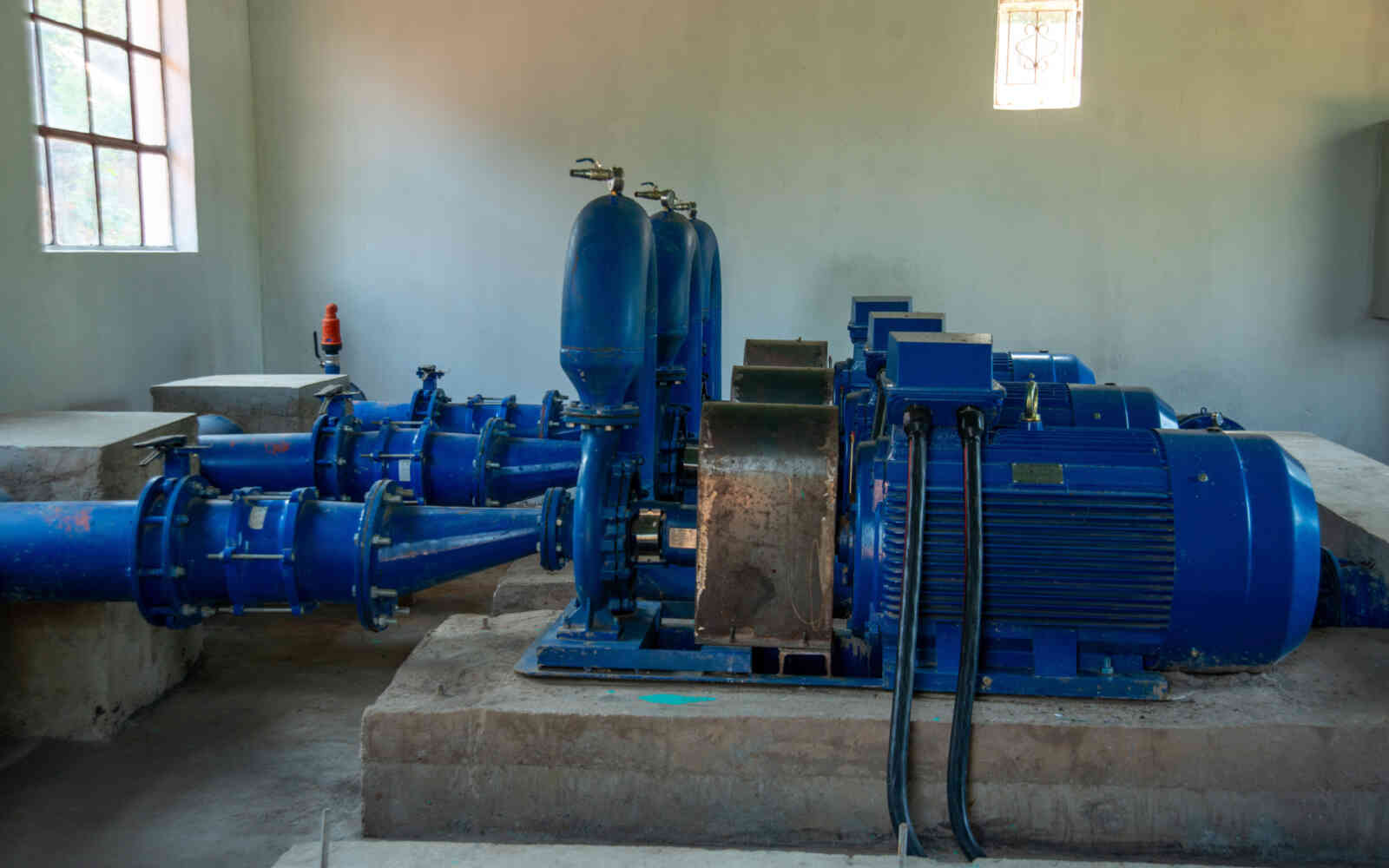
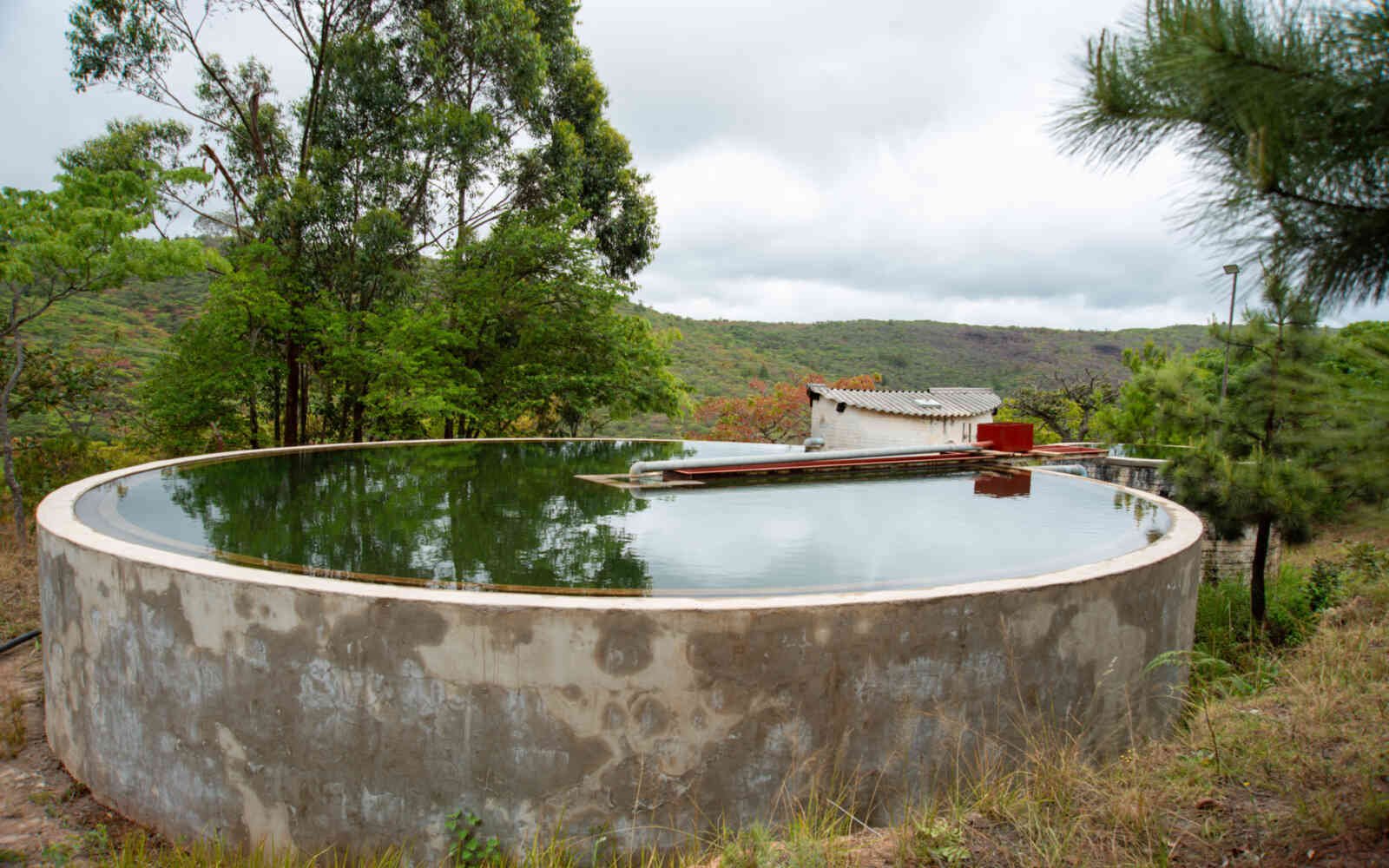
The project was not just a response to the devastation of Cyclone Idai. It was a commitment to building back stronger by laying the groundwork for long-term resilience to climate shocks and supporting local capacity building, ensuring communities emerge stronger than ever.
Water treatment plants previously in disrepair were rehabilitated and modernized, with damaged pipelines replaced and long-overdue upgrades to sanitation systems put in place.
I never thought I’d see the day when we’d have proper toilets and waste systems in our community. It has changed how we live and how we take care of our environment.
Outdated facilities were replaced with environmentally sustainable alternatives, ensuring effective waste management.
The rehabilitated water treatment plants have significantly reduced the risk of waterborne diseases, particularly cholera, which has plagued Zimbabwe in recent years. For the first time in decades, clean and safe drinking water is now available in all urban areas of Chipinge Town and Chimanimani Urban.
“Before this project, my children were constantly sick from waterborne diseases. Now, we have access to clean water, and their health has improved drastically. I finally have peace of mind,” said Joseph Moyo, a Chipinge Town resident.

The water supply system was also upgraded in both towns, with Chipinge Town's water supply system doubling its capacity to 10 megalitres per day and Chimanimani Town's capacity doubling to 1 megalitre per day.
Before, water was only available to residents for a few hours per day. Now, residents enjoy a 24-hour supply.
“Before, I spent hours fetching water from Nyautare River," said Forget Mugeti. "Now I can water my garden anytime, and I’ve even started growing more vegetables to sell at the market."
The availability of water has also helped families better manage their time at home, making tasks such as getting children ready for school much more manageable.
Not only are people's current water needs met, but the upgrade of the water supply system also allows for future urban expansion, creating a solid foundation for sustainable urban growth and development.
And as climate change continues to pose a significant threat to vulnerable regions, the project incorporated climate-resilient designs, using durable materials and engineering solutions that ensure the infrastructure can withstand future extreme weather events.
This approach not only minimizes the risk of future damage but also allows residents to focus on rebuilding their lives without fear of losing everything to the next storm.
About the programme
The Post-Cyclone Idai and Kenneth Emergency Recovery and Resilience Programme focused on rebuilding key infrastructure across Zimbabwe. Implemented by UNOPS with $24 million in financing from the African Development Bank, the programme helped restore essential services – including transportation network, electricity, and water and sanitation services – to the most severely affected communities in the districts of Chimanimani and Chipinge in Manicaland Province.







